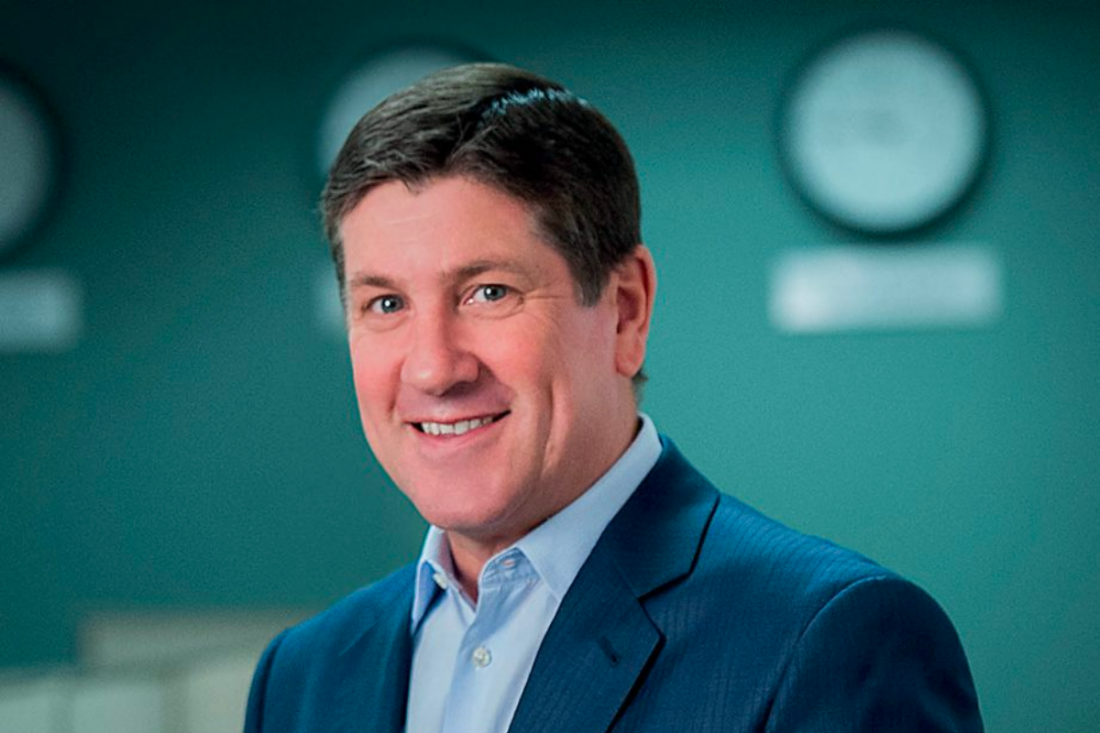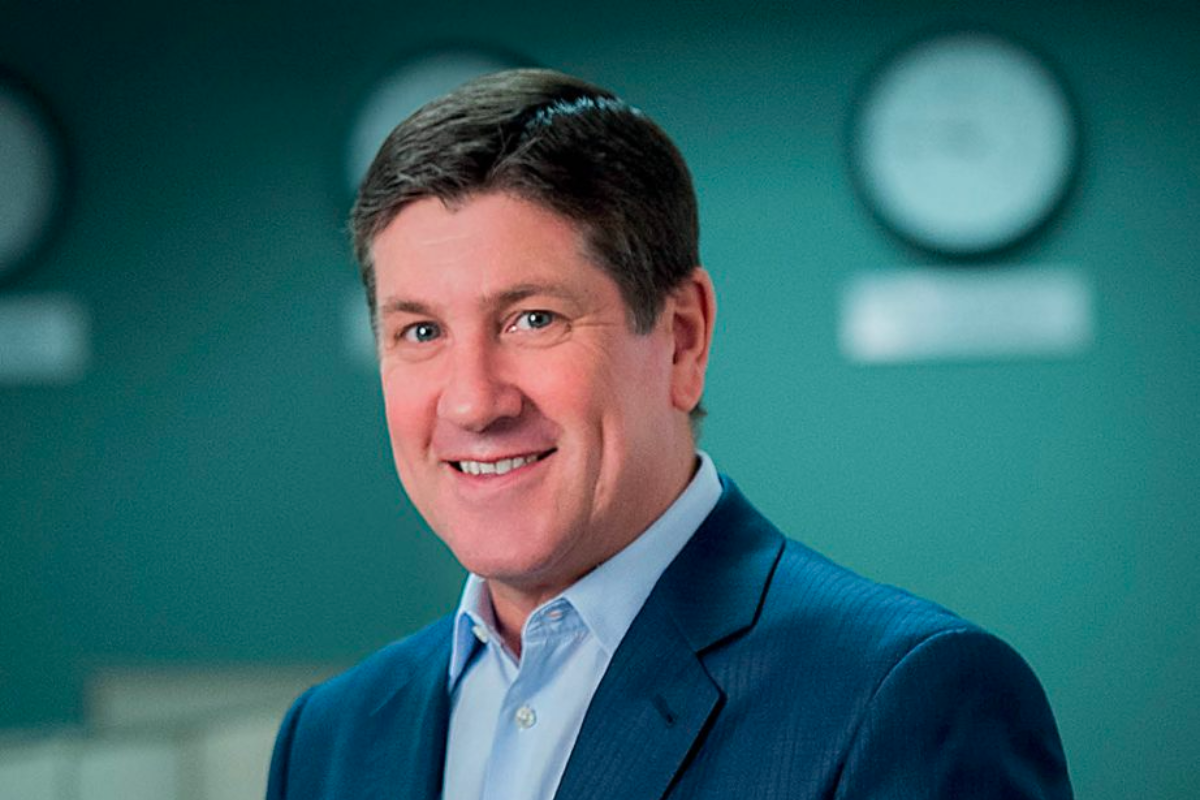The human heart is remarkable. It’s able to pump 280 liters of blood through the body every hour and beats more than 100,000 times every day, all in the name of keeping us alive.
During this time, so much of what we do puts this incredible piece of biomachinery at risk. From cholesterol-heavy diets to poor fitness, the heart is the inadvertent victim of our everyday transgressions. Despite its strength, there’s only so much it can take.
One of the most serious conditions to which the heart is susceptible is aortic stenosis. Excess calcium can clog the aortic valve, impairing its ability to pump blood around the body. Early treatment is effective, but left unchecked aortic stenosis can lead to a compromised lifestyle, heart failure and death.
Modern technology has come to the rescue of those in such peril. Aortic stenosis’ dramatic mortality rate of 50 percent within two years in severe cases has been challenged by recent developments, particularly by Australian biotechnology firm Anteris Technologies.
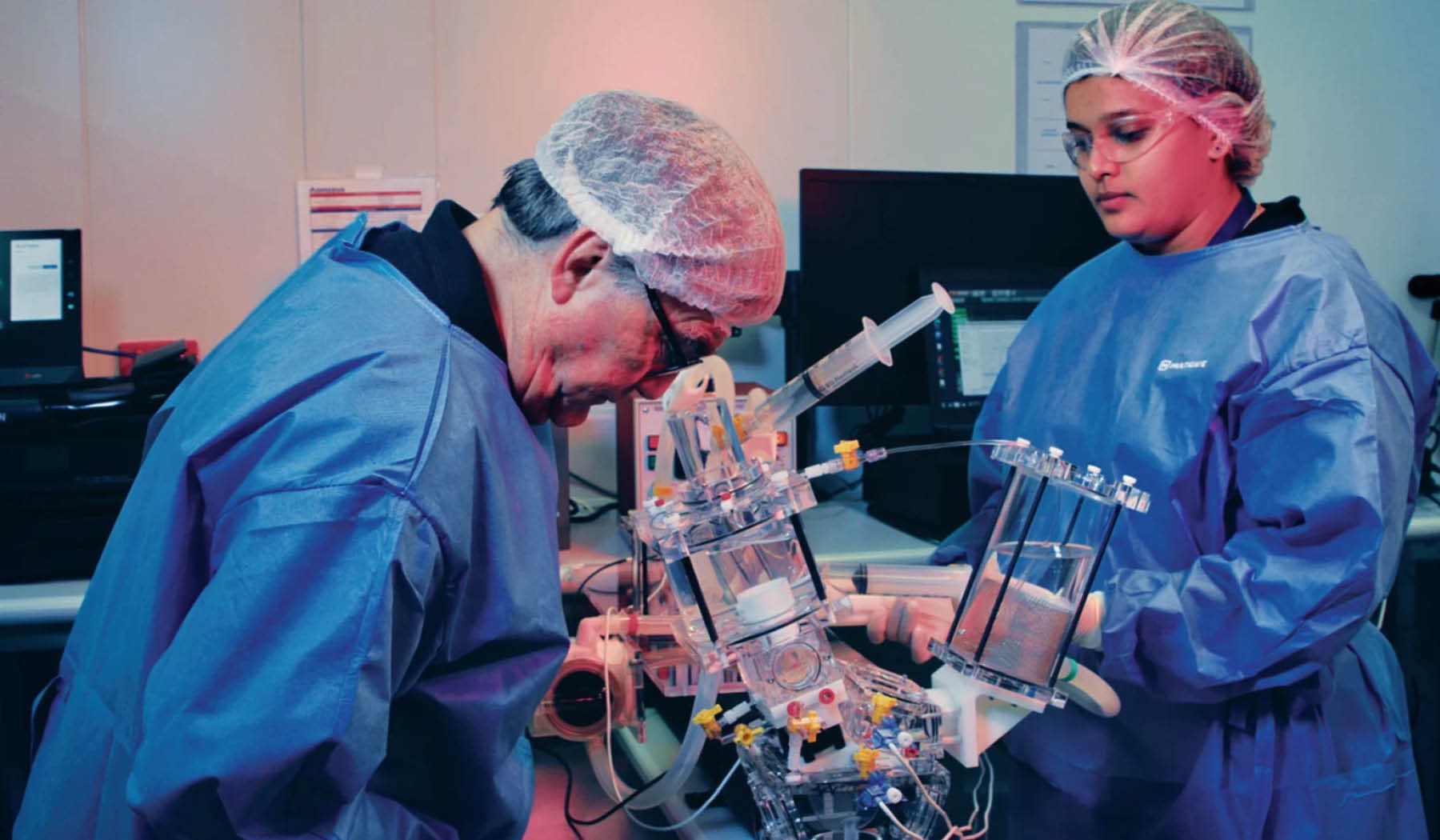
“The importance of this product to patients in this space cannot be underestimated.”
“We’ve introduced biomimetic valves for the treatment of aortic stenosis,” Anteris CEO Wayne Paterson tells The CEO Magazine. “It’s the first new class of valve in this space in 20 years.”
The biomimetic transcatheter aortic valve replacement (TAVR) is, in his opinion, a breakthrough for Anteris.
“It’s the team’s achievement,” he says. “Not only have they developed an incredible and highly relevant product, they managed to produce results that have not been seen before.
“The importance of this product to patients in this space cannot be underestimated.”
The Right Formula
Although Paterson only became Anteris’ CEO in mid-2020, he quickly helped drive the company to the top of the industry.
“That we’ve achieved what we have despite being a smaller company with limited resources is testament to what can be achieved when you have the right mix of talent, experience and vision,” he points out.
That mix has matured in the past four years, before which time Anteris was just an idea and a blank sheet of paper.
“At the outset, we took a very deliberate approach to engage some of the highest-ranking physicians in the world,” Paterson says.
“It’s my experience, after 25 years in global commercial health care, that it’s critical to engage physicians at the earliest stages if you’re to bring a product forward that’s innovative, has meaningful clinical utility and is both clinically and commercially relevant.”
Doing so gave Anteris a unique user’s perspective that could drive development along an innovation-heavy pathway.
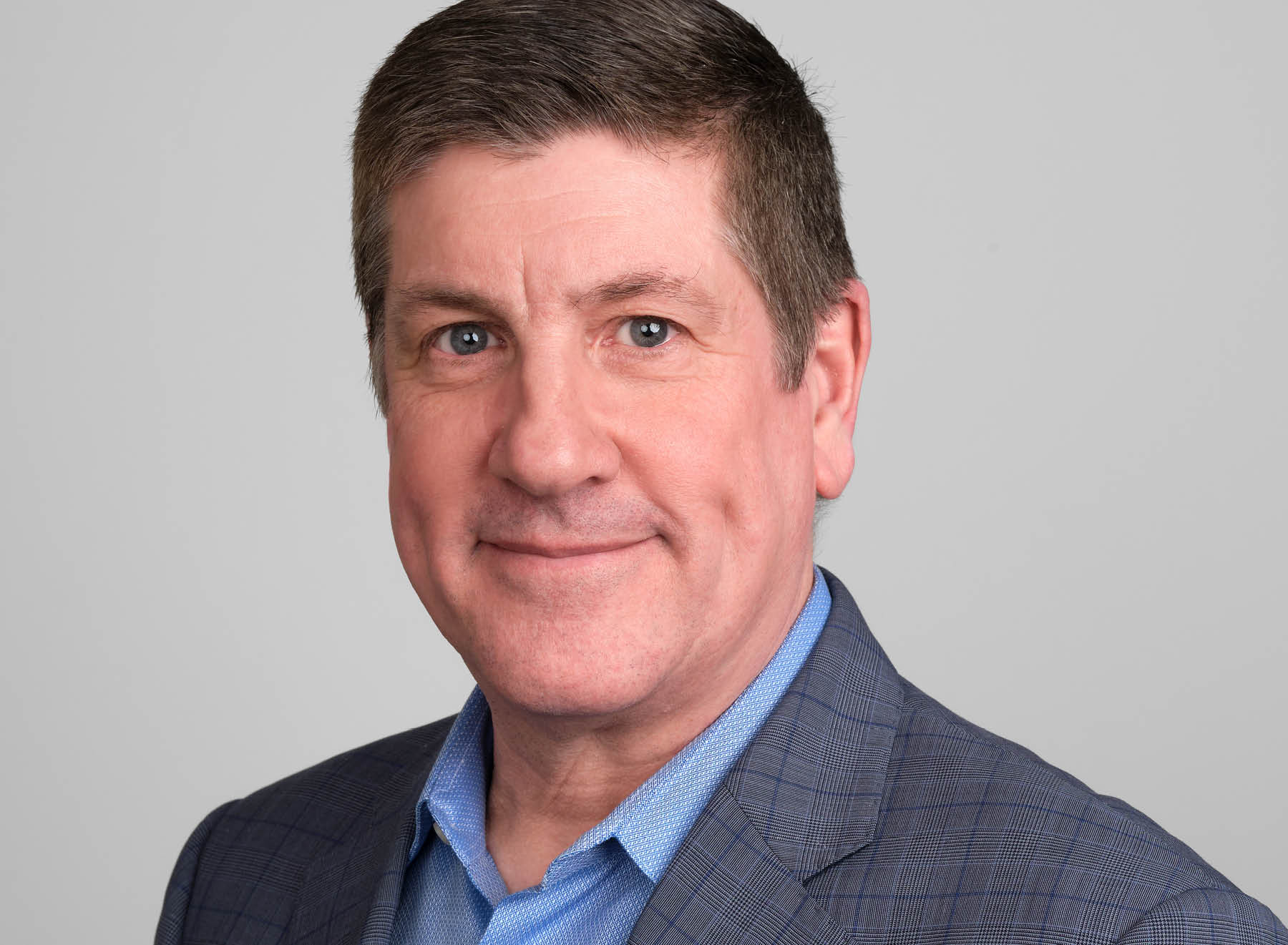
“We’re very agile, but that doesn’t mean we rush the process.”
The physicians have been a part of the Anteris formula ever since, ensuring the company is ahead of the curve when it comes to innovation.
“We’re very agile, but that doesn’t mean we rush the process,” Paterson says. “The working day is not nine-to-five, and our teams are the hardest-working out there.”
The success of Anteris can also be attributed in no small part to its strict adherence to its AORTIC (accountability, objectivity, respect, transparency and teamwork, integrity and courage) value system. Leadership is expected to walk the talk, and newcomers to the Anteris family are examined against these values as part of the interview process.
“Simply, we put the right people in the right jobs,” he explains. “In our industry, quality and attention to detail are everything.
“There are very specific jobs required for the regulatory work, quality control, process engineering and even documentation control involved in dealing with patients and the United States Food and Drug Administration [FDA].”
Growth Phase
Over the next three years, Paterson believes Anteris Technologies will have progressed much further down the path of its major FDA study.
“The years ahead are the most pivotal in our history,” he predicts. “We’ll be nearing the completion of our FDA registration study, which will give us commercial approval for the TAVR and thereby make it available to patients beyond the clinical trial.”
While starting the study was a major catalyst for the company’s next phase of growth, its completion will be even bigger. At that time, it’s likely Anteris Technologies will also list on the Nasdaq while it continues to partner with both commercial and academic entities to further its portfolio.
“B2B relationships have been critical to the company’s history as well as its future,” Paterson says. “We’ve recently entered into a partnership in the mitral repair space, which will also advance significantly over the coming years.”
Although Anteris’ United States-based study of the TAVR is in its early stages, Paterson says the results are encouraging.
“We are demonstrating significant improvements in patients with this disease in what is a US$10 billion space.”
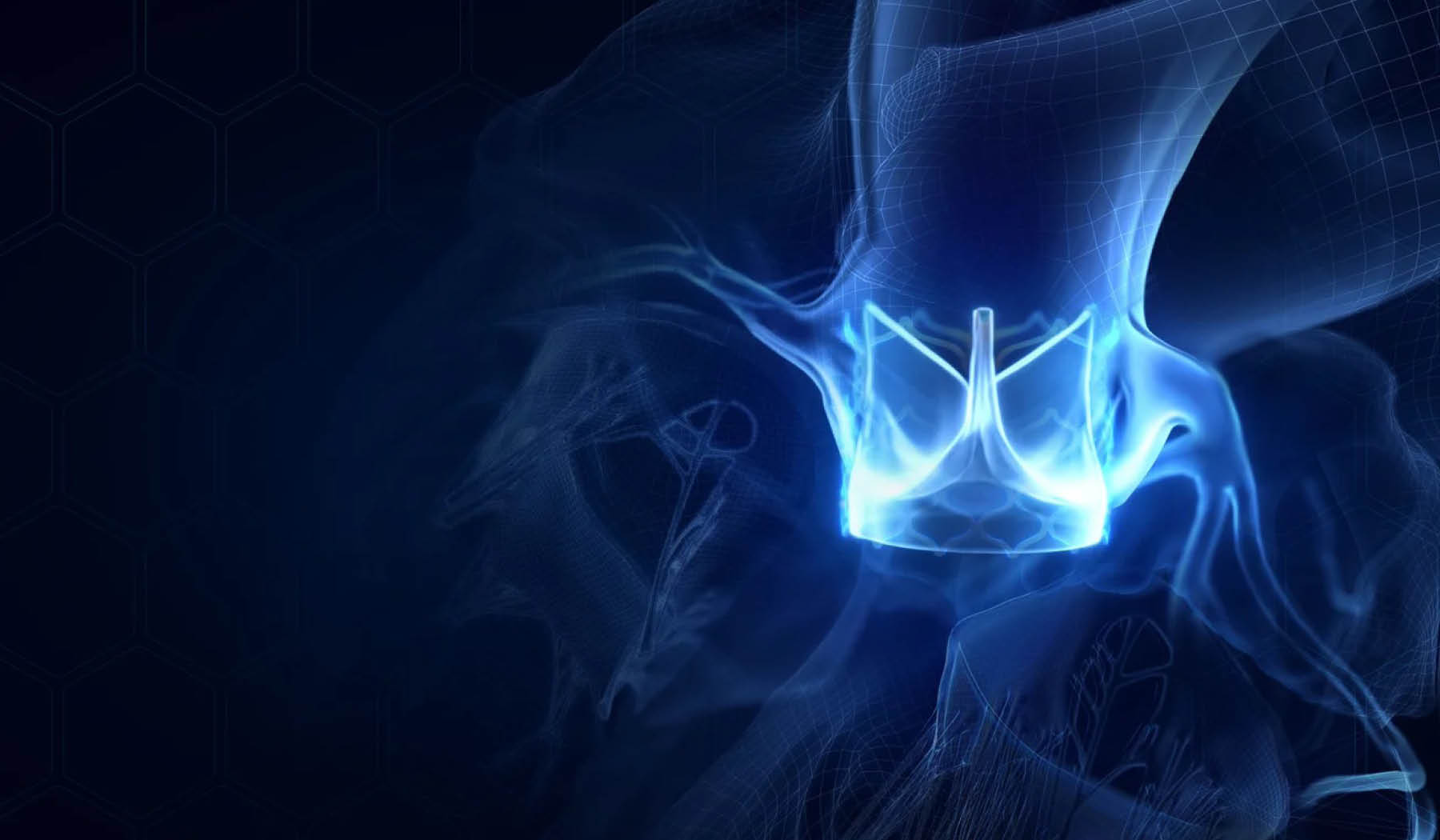
“The years ahead are the most pivotal in our history.”
The breakthrough is a product of the three tiers of purpose that drive the company’s work, beginning with the prospect of bringing forward better treatment for patients.
“We not only want to improve their quality of life, but also significantly improve their clinical status,” Paterson stresses. “With roughly 30 patients so far implanted with our device, we’re seeing this become reality.”
And then there are Anteris’ shareholders, who provide full support for the company mission to bring better treatment alternatives to the space.
“They’re an amazing group, well informed and knowledgeable,” he says. “In fact, many of them are physicians, but they all see the value in what we do.”
For Paterson, there’s a more personal motive at work.
“It’s a privilege to lead such a dynamic organization,” he reveals. “We have the most incredibly talented medtech team in the industry, and the results we’re achieving – from management to physicians to engineers and everyone in between – are nothing short of remarkable.”

